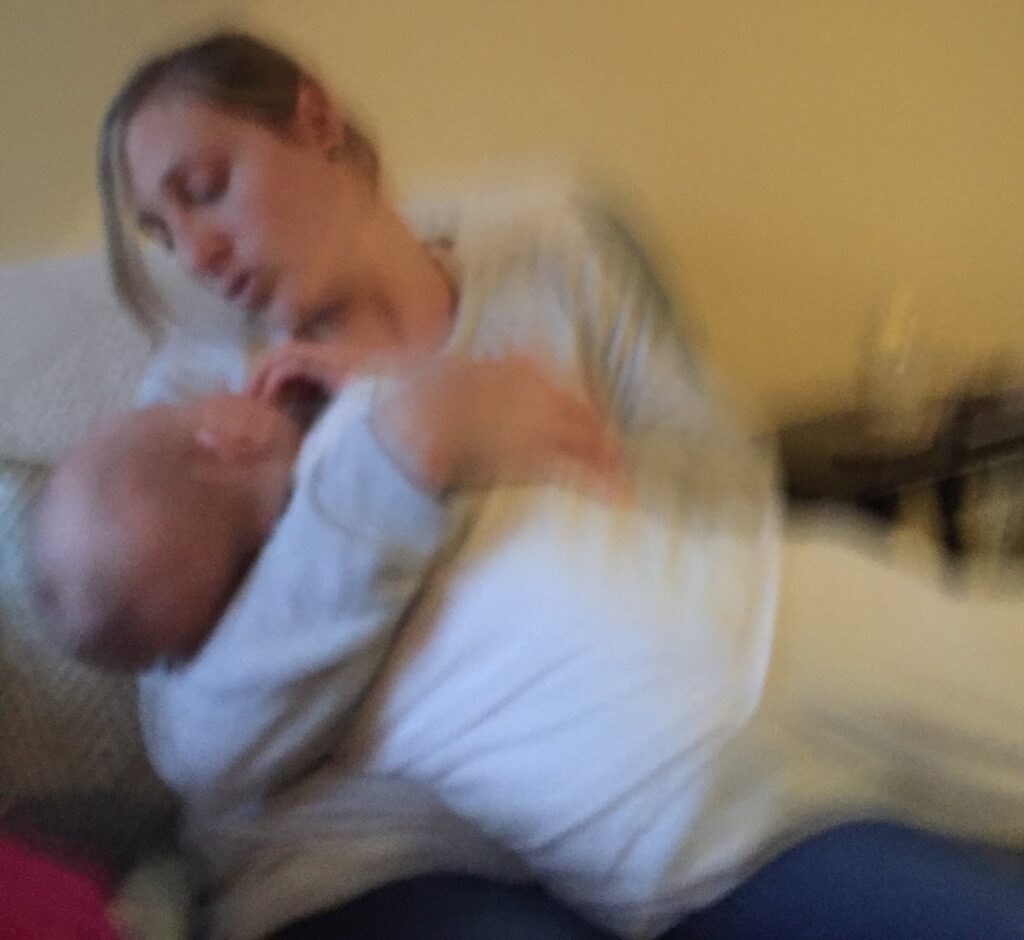
I was at the doctor’s office and had just completed another assessment for my son and had another conversation about my child not meeting his developmental milestones. Before I could process it all, the doctor was gone. Moments later a social worker entered. She seeped into the room with a somber look on her face and sat in the chair next to mine while I held my son in my arms. Her body leaned toward me, and she looked into my eyes, ready to listen, to support me. That’s when she asked the question. “What’s your worst fear?”
What’s my worst fear? The moment stunned me. Why would she ask me something like that? I couldn’t conceive of an answer for her. Why should I have to? My instinct told me to draw back, lift my bridge, build my wall. I was already living an inconceivable nightmare and she wanted me to dig deeper and find a darker place? Why?
I mumbled out a response not much related to her inane question and stood up to indicate I was ready to leave. She was useless to me. A person meant to help felt more like another obstacle. Another demand. Another desensitized medical personnel. Was she sent in to help me or was she just sent in to check a box and send me into a tunnel of despair? I assumed a box because I never heard from her again. In fact, I never heard from anyone again that could remotely address navigating this world with a disabled child.
Why was I left to do this alone? Why was I left to follow up on therapy visits and doctor referrals and medication administration all without a hint of psychological or physical support?
Each time I left those tiny, sterile, clinics, I went home and did all of the tasks I was told to do for my child. Therapy, stretching, follow up appointments, paperwork, insurance claims. I did this for years and years until I could barely function. I couldn’t do the laundry, couldn’t cook dinner, couldn’t take a shower. Couldn’t be human. Couldn’t be fun. Couldn’t be Mom. I had more than one child, I had two. Two children that needed a mother, not a burned-out caregiver.
As I look back on my own experiences, I can’t help but think about all the caregivers now going through what I went through, and wanting to help everyone in any way I can. But the reality is, there aren’t enough resources for me, still, let alone allowing me to support a long line of caregivers just beginning their journey into the unknown. The nightmare they should never be asked to imagine. What the social worker really should have said to me was, “How can we support you?” And perhaps that would have made all the difference.
Here is the support I wish I had:
1. An immediate referral to a mental health professional knowledgeable in raising children with high support needs. I needed someone to help me process each new diagnosis and challenge and all the feelings of guilt, fear, self-blame, and denial that comes with it. I needed someone to tell me how to manage the unknown, something that you can’t escape when you have children with medical complexities. I needed someone to tell me it was okay to feel instead of fix, and to let go of that pesky belief that I had control. Lastly, I needed someone to tell me it would be alright even if it wasn’t what I had imagined and reframe my thinking around that.
2. Consistent in-home support. Not therapy, but real childcare, respite, or a person to help cook or clean on a regular basis. Not everyone has that support from family and friends and most people don’t understand what it takes to support our families. Ideally, it would be without months and months of paperwork and denials and appeals and then having to be an employer on top of our already demanding life.
3. Training. I wish there was someone who was there to tell me what neurodiversity was and that my child’s trajectory would be unique, his own path, not to be compared to others. I wish there was someone who was able to show me what neurodiversity-affirming therapy looked like. I wish there was someone who had told me the goal wasn’t to achieve the milestone but to support and accommodate my child by following their lead, observing their play, engaging with them in their own interests, and tailoring the environment to best fit his needs. It would have taken so much pressure off of both of us.
All of these resources would have helped me navigate a dark tunnel with a little more perspective and light without constantly stressing about when it would get easier – when it should never have been so isolating to begin with. My hope for the future is that we can advocate for ourselves and our children enough that parents and caregivers will no longer feel the burn out and isolation that encapsulated my family, and all of our families that can barely keep their heads above water on a daily basis.
Share this blog post!
Leave a Reply